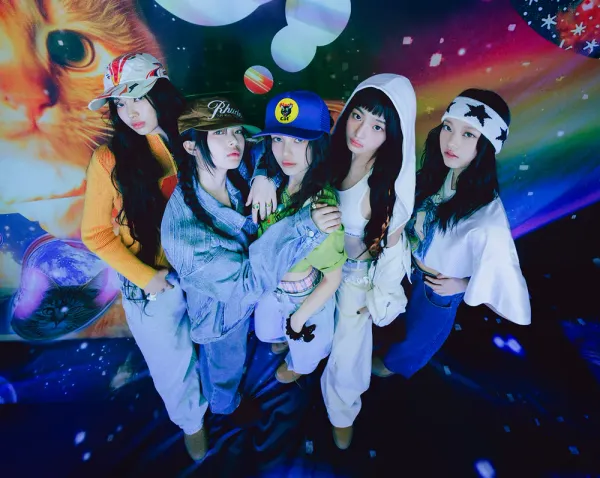Photo: Advertisement for Miss Trot. Credit: TV Chosun.
Pop culture is a leading indicator of political culture. In the US, the reality show boom of the previous decade gave rise to a reality show president; in South Korea, the K-pop fandom culture permeated into politics, giving President Moon Jae-in 문재인 his “honey badgers” 문꿀오소리 fandom that acts as a bedrock of support. For 2020, the pop culture trend that began making headway into political culture was: what was niche is now the mainstream, and what was mainstream is now the niche.
The first half of that proposition is perhaps less than remarkable. It is almost getting old to point out that South Korea’s pop culture is sweeping the world. Bong Joon-ho 봉준호 and his film Parasite 기생충 won four awards in the Academy Awards, among them the “Best Picture” award, the first non-English language film to win the award. BTS 방탄소년단 once again was among the world’s greatest stars, making history as their single Dynamite hit the top of the Billboard Hot 100 in the US as well as hitting the top of Gaon 가온 and Melon 멜론 charts in South Korea. Domestically, streaming services like Netflix and Korea-grown company Watcha 왓챠 are making their presence felt against the traditional broadcasters such as KBS. Netflix, in particular, co-produced several hit dramas like Itaewon Class 이태원 클래스 and Hospital Playlist 슬기로운 의사생활 with local cable TV channels JTBC and TvN respectively. All of these domestic and international phenomena represent a trend in which was once a subculture has become the mainstream.
The second half is arguably more interesting: the old mainstream, rather than fading away, is finding a new lease on life as a vibrant subculture. In pop music, for example, BTS’s popularity was challenged by a significant resurgence of trot 트로트 music, the oldest genre of Korean pop music with origins in the Japanese colonial era. (See TBR’s previous coverage on this topic here.) Music on television, which long catered to teenagers and the youth, is now attracting huge viewership from the elderly. Reality TV audition shows Miss Trot 미스트롯 and Mister Trot 미스터트롯 drew massive ratings, making superstars out of winners Song Ga-in 송가인 and Im Yeong-ung 임영웅. At times, as subcultures do, the trot trend would take over the mainstream: in September, the trot virtuoso Na Hun-a 나훈아 held a nationally televised socially distanced concert on KBS, setting a ratings record and drawing rave reactions from people of all ages.
The same trend has begun to emerge in the political culture as well. The Assembly elections in April 2020 showed that South Korea’s mainstream has shifted decisively to people in their 30s and 40s living in urban areas, especially in Seoul and its suburbs. (See TBR’s previous coverage of this topic here.) Pushed out of the mainstream status, the older demographic has found their home in political media on Youtube. There, far-right pundits let loose with little editorial oversight, pushing baseless claims of how elections were rigged and COVID-19 was not real. This subculture had real-life impact when, on August 15, a far-right Liberation Day rally sparked the second wave of the coronavirus outbreak.








